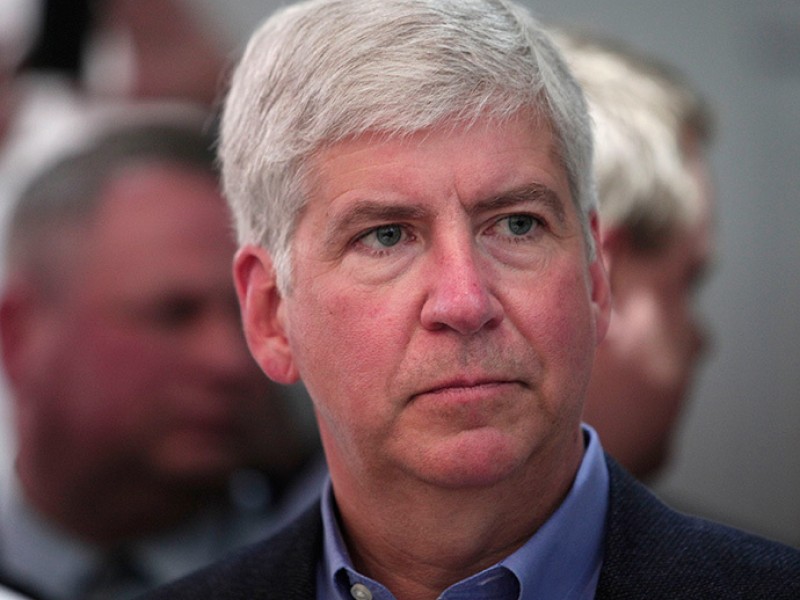Snyder Makes Decision on Religious Objection Adoption Bills
The bills were passed hastily by the Senate Wednesday, then approved again in the House of Representative Thursday.

The American Civil Liberties Union of Michigan said it would file a lawsuit challenging a package of bills signed Thursday by Gov. Rick Snyder that allow faith-based adoption agencies to turn away gay and unmarried couples on religious grounds.
The bills were passed Wednesday by the Michigan Senate, which attached an amendment requiring faith-based agencies to provide referrals to other adoption agencies to couples they turn away. The House, which had earlier passed the same bill package, approved the amendment, the Detroit Free Press reports.
“The state has made significant progress in finding more forever homes for Michigan kids in recent years and that wouldn’t be possible without the public-private partnerships that facilitate the adoption process,” Snyder said in a statement. “We are focused on ensuring that as many children are adopted to as many loving families as possible regardless of their makeup.”
Snyder’s signature on the religious freedom bills came as the U.S. Supreme Court is poised to rule on gay marriage cases in Michigan and three other states, potentially settling for all 50 states one of the most contentious civil rights issues of modern times.
Saying the bills are discriminatory, the ACLU plans to sue. Progress Michigan called the bills state-sanctioned discrimination.
“Gov. Snyder has a history of siding with extreme corporate donors, but sacrificing the health and well-being of children is a new low — even for him,” said Lonnie Scott, executive director of Progress Michigan. “Children deserve loving homes and our elected officials should be held accountable for supporting this blatant act of discrimination.”
Among those lauding the governor for his quick signature was the Michigan Catholic Conference, which said “it is critically important to solidify the state’s long-standing partnership with faith-based child placement agencies operating collectively in the best interest of the state’s most vulnerable children.”
No comments:
Post a Comment
Thanks for commenting. Your comments are needed for helping to improve the discussion.